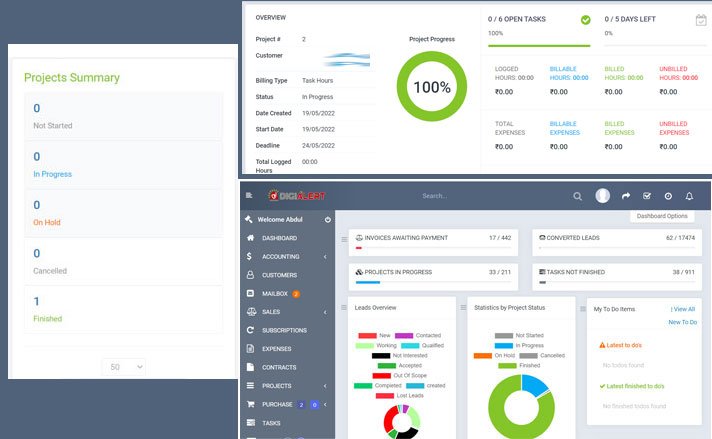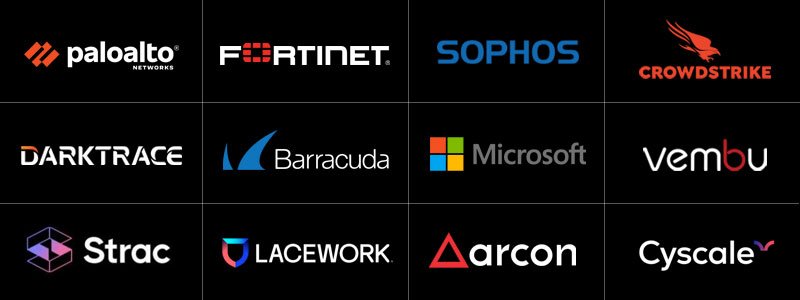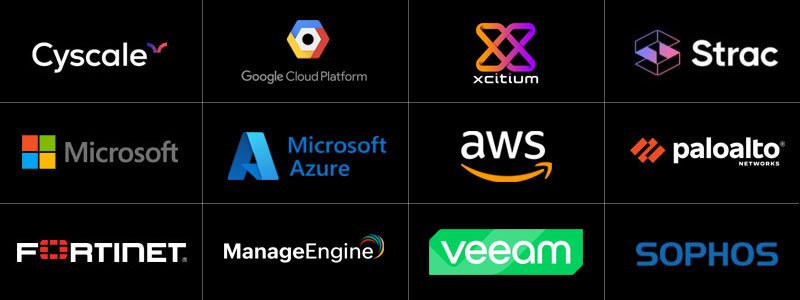Host Level Security
Host Level Security
Host level security refers to measures taken to secure an individual computer or device within a network. These measures may include installing and regularly updating antivirus software, using strong passwords, limiting access to authorized users, and enabling firewalls to prevent unauthorized access. Ensuring host level security is important because it helps prevent attackers from gaining access to sensitive information stored on the device or using it to launch attacks on other devices in the network.
WHAT IS
Host Level Security
As digiALERT, host-level security is one of our areas of expertise. We understand the importance of protecting individual devices and hosts within a network from a variety of cyber threats, including malware, ransomware, and unauthorized access.
Host-level security involves implementing security measures on individual devices and hosts, such as laptops, servers, and mobile devices, to protect them from cyber threats. This can include measures such as antivirus software, intrusion prevention systems, and firewalls.
We also provide endpoint security solutions, which protect individual devices and hosts by monitoring and controlling access to the network and the data stored on the device. This can include measures such as encryption, device management, and vulnerability scanning.
We also provide guidance and best practices for password management, secure configurations, and secure boot processes to ensure that your devices and hosts are configured to protect against common cyber threats.
Speak to an expert
key features
Host Level Security
Types of
Host Level Security
Host-level security is an important element of any IT security strategy. It is the process of protecting a computer or network from malicious attacks and unauthorized access. This can include the use of firewalls, antivirus software, intrusion detection systems, and user authentication. At digiALERT, we understand the importance of host-level security and have created a comprehensive suite of solutions designed to protect your network and endpoints against malicious threats.
Our host-level security solutions include:
- Firewall Protection: Firewalls provide a layer of protection against malicious access to your network. We offer both hardware and software firewalls to ensure your network is protected from unauthorized access.
- Antivirus Protection: Our antivirus software will detect and remove any malicious code that may be present on your network. We also monitor for malicious activity and alert you when a threat is detected.
- Intrusion Detection: Our intrusion detection system will detect and alert you to any suspicious activity on your network. This includes detecting traffic from known malicious IP addresses and preventing unauthorized access.
- User Authentication: Our user authentication system ensures that only authorized users can access your network. We also monitor user activity to ensure that no suspicious activity is occurring.
Statistics on
Host Level Security
Speak to an expert
How do we do
Host Level Security
WHY HOST LEVEL SECURITY
WHO NEEDS HOST LEVEL SECURITY
Host level security is important because it helps to protect individual devices and hosts on a network from known and emerging threats. With the increasing amount of sensitive data being stored on devices and the growing number of connected devices, the risk of cyberattacks and data breaches is increasing. Host level security measures can help to prevent unauthorized access to devices, networks and sensitive information, as well as protect against malware, viruses, and other malicious software.
Host level security is essential for any organization or individual that stores sensitive information on their devices or uses connected devices to access the internet. This includes businesses of all sizes, government agencies, healthcare providers, educational institutions, and individuals who use devices for personal or professional purposes.
How often is Host Level Security recommended
When it would be performed
Host level security refers to the security measures that are put in place to protect individual computer systems or devices within a network. These measures can include things like firewalls, antivirus software, and access controls.
It is important to have strong host level security in place to protect against cyber threats such as malware, hacking, and data breaches. These threats can compromise the security and integrity of a system, potentially leading to data loss or theft, as well as disruption of operations.
In order to ensure effective host level security, organizations should regularly review and update their security measures, as well as educate their employees on best practices for cybersecurity. It is generally recommended to conduct regular security assessments and audits to identify and address any vulnerabilities or weaknesses in the system.
Speak to an expert
How are we
unique
- Our team of experts has extensive experience in host-level security, with a track record of successfully identifying and mitigating vulnerabilities.
- We use a combination of manual testing and automated tools to thoroughly scan and assess the security of host systems.
- We provide in-depth reports on our findings, including recommendations for improving security and reducing risk.
- We offer flexible and customizable service packages to meet the specific needs of our clients.
- We offer ongoing support and maintenance to ensure the continued security of host systems.
- We use industry-leading technologies and techniques to ensure the most comprehensive and accurate assessment possible.
- Our team is continuously staying up-to-date on the latest threats and vulnerabilities, allowing us to provide the most current and effective protection.
- We prioritize the privacy and confidentiality of our clients, and adhere to strict data protection policies.
- We have a proven track record of successfully working with clients in a variety of industries, including healthcare, financial, and government sectors.
- Our team is dedicated to delivering exceptional customer service and support throughout the assessment process.













 ISO/IEC 27001:2022
ISO/IEC 27001:2022 ISO/IEC 27001:2022
ISO/IEC 27001:2022 ISO/IEC 20543:2019
ISO/IEC 20543:2019 ISO/IEC/IEEE 29119-5:2024
ISO/IEC/IEEE 29119-5:2024 CSA Certificate
CSA Certificate Incorporation
Incorporation Makeinindia
Makeinindia Authorized partner
Authorized partner MSME Chennai
MSME Chennai digiALERT Tan
digiALERT Tan GST Chennai
GST Chennai Pancard
Pancard Amended GST
Amended GST